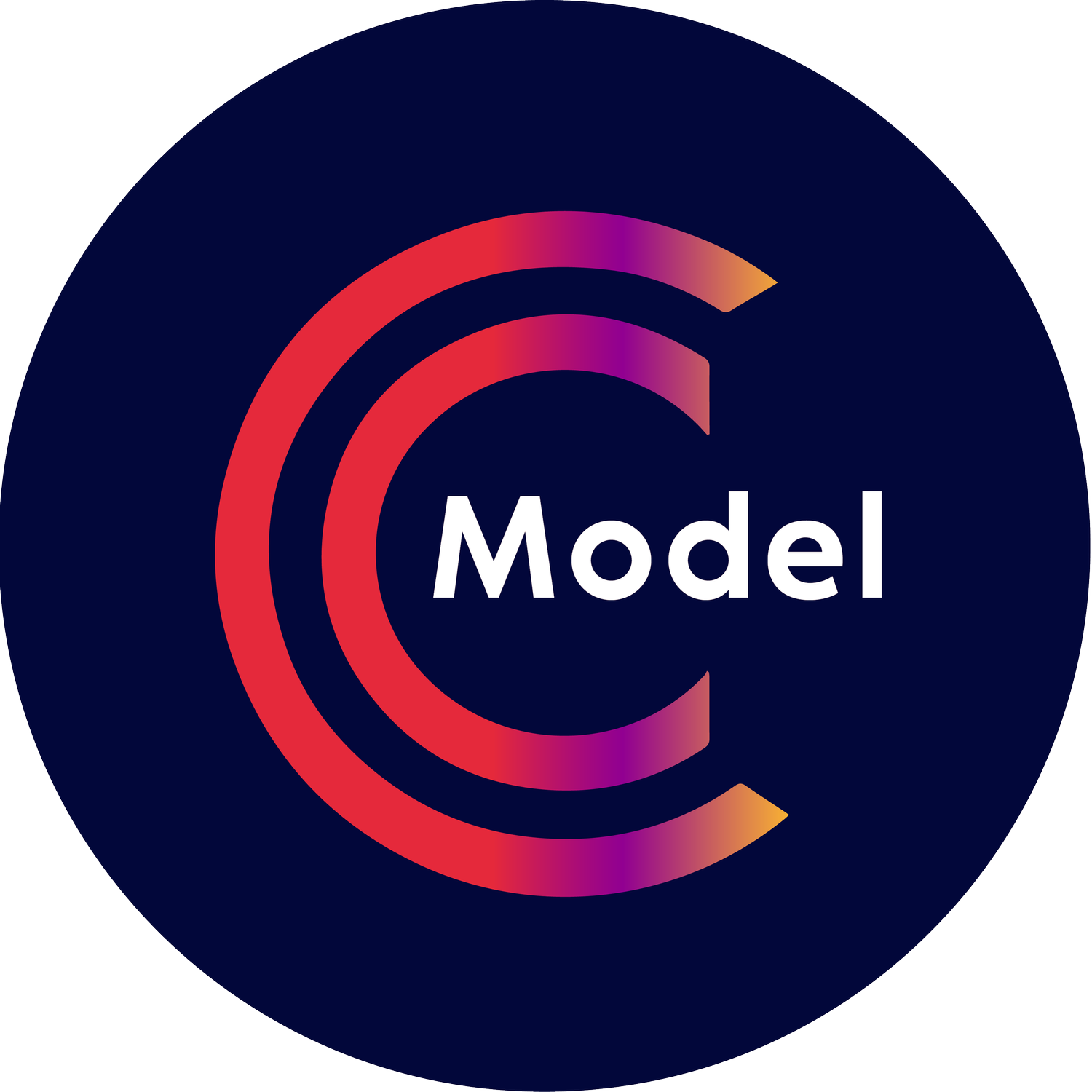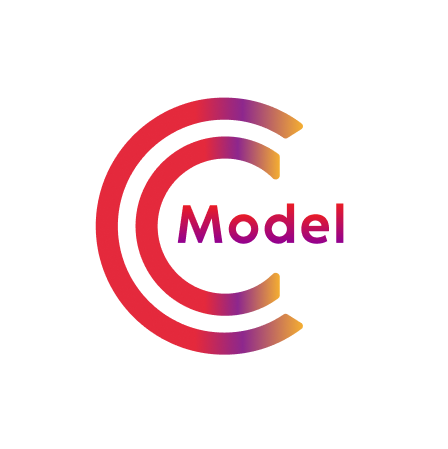To Dashboard, or Not to Dashboard
Imagine you're at the helm of a cutting-edge tech company, navigating the dynamic currents of the digital age, where every strategic move could spell the difference between booming success and crashing failure. In this high-stakes landscape, the debate over dashboards is as electrifying as a Silicon Valley pitch meeting in 1990s.
On one side of the boardroom, you have the tech aficionados, heralding dashboards as the ultimate game-changer in business intelligence. To them, these digital dashboards are akin to magic mirrors, illuminating the path to success with real-time data insights and eye-catching visualizations. With just a tap on your tablet, you can dive deep into your company's metrics, uncover hidden trends, and make lightning-fast decisions that keep you ahead of the competition.
But lurking in the shadows are the skeptics, the seasoned veterans who've weathered the storms of startup life. They caution against the allure of dashboard dependency, warning that relying solely on numbers and graphs can lead to a dangerous disconnect from the human side of business. To them, dashboards are like shiny distractions — they may dazzle in the short term, but they won't provide the depth and nuance needed to navigate the complexities of the modern marketplace.
As the CEO, you find yourself caught in the crossfire of this fierce debate, searching for a solution that strikes the perfect balance between data-driven insights and human intuition. And that's where decision intelligence swoops in like a caped crusader, ready to save the day with its arsenal of cutting-edge technologies and strategic wisdom.
With DI, you can unlock a whole new world of possibilities, from predictive forecasting to personalized recommendations, all tailored to your company's unique needs and goals.
But DI is more than just a fancy algorithm — it's a mindset, a philosophy that embraces the symbiotic relationship between man and machine. In a world where data is everywhere, DI reminds us that the human touch is still the secret sauce that separates the winners from the also-rans. It's about blending data-based insights with gut instincts, leveraging technology to augment, rather than replace, human decision-making.
I asked ChatGPT a simple question… Is a dashboard enough for a business leader to make a decision? The response?… ‘No.’ It shared that ‘while a dashboard provides valuable insights and visualizations of key metrics, it's often not sufficient on its own for a business leader to make a decision.’ ‘Not sufficient’. If a service was not sufficient it would be cancelled. If a meal was not sufficient, it would be added to. If skills were not sufficient, they would be trained. So why accept your businesses insights from something that’s ‘not sufficient’?
So as you chart your course through the choppy seas of the tech industry, remember this: while dashboards may light the way, it's decision intelligence that will ultimately guide you to victory.

